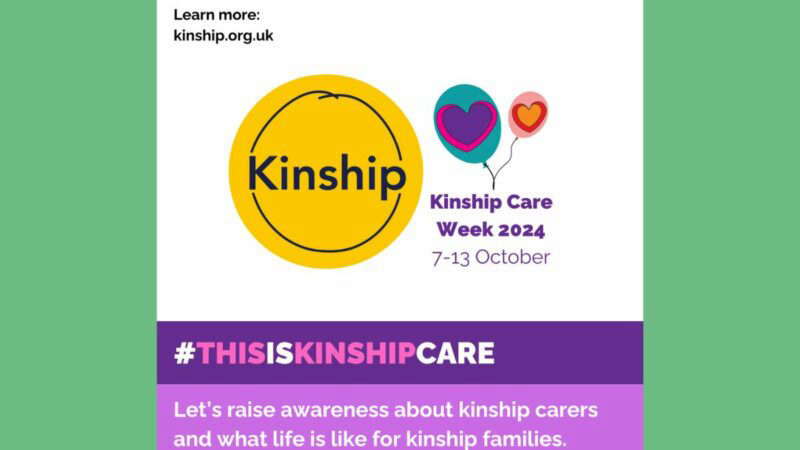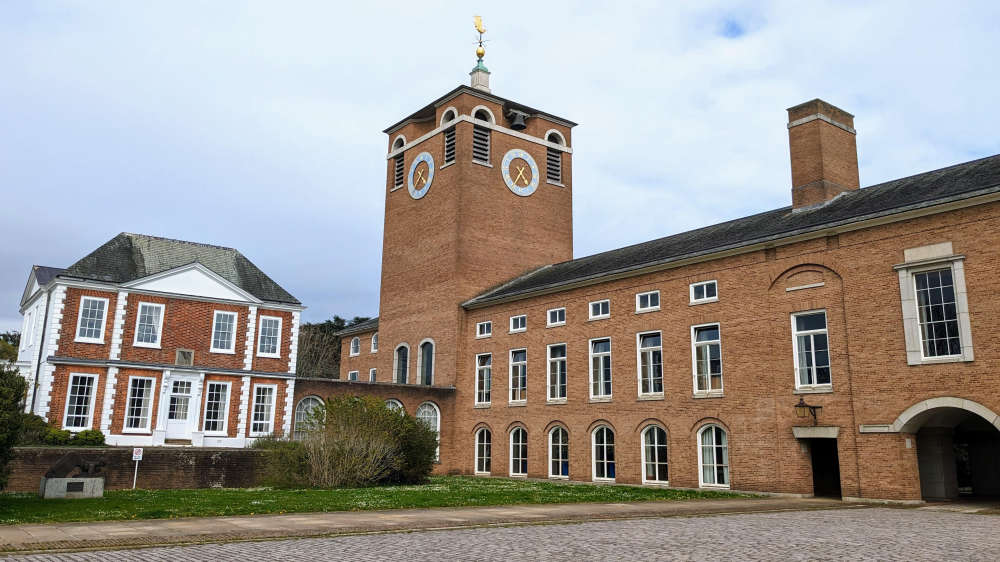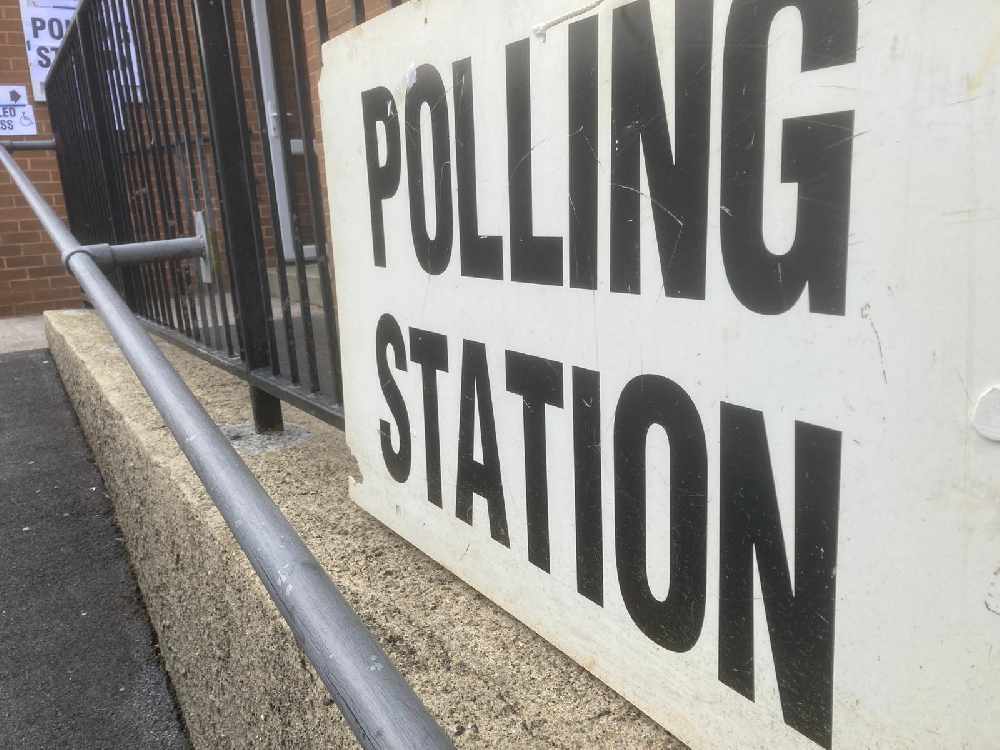
Taking place from Monday 7 October – Sunday 13 October 2024 Kinship Care Week, is a time to recognise and celebrate the contributions made by kinship carers in Devon who raise the child of a family member or friend.
This year, the theme of Kinship Care Week is #ThisIsKinshipCare. It’s an important time to help everyone understand what kinship care is, as anyone at any time could become a kinship carer, providing stability, love, and support to children and young people in need.
So, what is kinship care?
Kinship care refers to the care of children by relatives or close family friends. It can often be referred to as ‘family and friends care’ or ‘connected care’. The arrangements can be formal, involving legal custody or guardianship, or informal, where the child lives with relatives without legal intervention.
There are different types of kinship care arrangements, and all benefit from different kinds of support. The type of arrangement notably affects who has parental responsibility for the child, and who can make legal decisions for them.
The six main types of kinship care are:
• Private Family arrangement
• Private Fostering
• ‘Lives with’ child arrangements order or residence order
• Special guardianship
• Kinship foster care (under a care order or under voluntary arrangement)
• Adoption
Who can be a kinship carer?
Kinship carers can be grandparents, aunts, uncles, siblings, or even family friends or neighbours who have a significant relationship with the child.
Why is kinship care Important?
There are a huge number of reasons why kinship care is so important. Here’s just a few of them:
Stability:
Kinship care provides children with a sense of stability and continuity. Staying with family members or close friends helps them to maintain a sense of identity and belonging, which is crucial for the emotional and psychological well-being of the child.
Cultural and Community Connections:
Kinship carers often share the same cultural background and community ties as the children they care for. This connection helps preserve the child’s cultural heritage and strengthens their sense of community.
Emotional Support:
Children in kinship care benefit from the emotional support of familiar faces. The love and care provided by relatives can help mitigate the trauma and stress associated with being separated from their parents.
Find out more about Kinship Care Week.
If you have any questions about friends and family foster carers or would like to find out more information about how you can foster for us and inspire a child’s future, please visit the Fostering Devon website or call us on 0345 155 1077.

 Hodgson reappointed as leader of Green and Independent grouping in Devon
Hodgson reappointed as leader of Green and Independent grouping in Devon
 Leader change for Devon’s Liberal Democrats after election surge
Leader change for Devon’s Liberal Democrats after election surge
 Liberal Democrats hail rise to become biggest party in Devon but Greens could hold key to power
Liberal Democrats hail rise to become biggest party in Devon but Greens could hold key to power
 County Council election results for Mid Devon
County Council election results for Mid Devon









